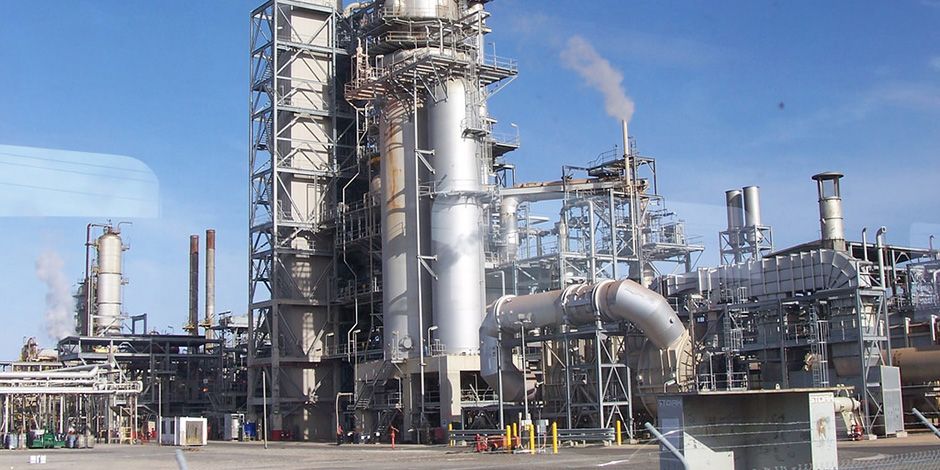
Schroders: It’s not black and white for fossil fuel investing
Our experts believe that dialogue with individual companies about their plans will be more effective than divesting from the industry completely. A growing number of investors are responding to climate concerns by selling shares in fossil fuel producers.
17.04.2018 | 12:19 Uhr
At $5.4 trillion, the value of portfolios that exclude fossil fuels has doubled in two years, and even voices in the EU Parliament are recommending divestment. However, we believe divestment is too simple an answer. It’s clear that oil, gas and coal producers will face challenges as demand for their products fade, but the impact on profitability and value is less obvious.
The fortunes of fossil fuel industries will be determined more by their discipline (or lack of it) in adjusting to lower demand, than the impact of falling sales itself. Individual companies can help protect themselves by decarbonising their production and focusing on low cost operations. So while the industry faces obvious headwinds, the investment consequences are not black or white. That’s why we recommend dialogue over disinvestment.
Significant challenges ahead
The scale of the threat facing the fossil fuel industry is significant. Meeting international climate change targets will require more change and more disruption than we have seen so far. We have a lot of challenges ahead to hit the commitment made by global leaders in Paris in 2015 to limit the rise in temperatures to 2°C and fossil fuel producers are in the cross hairs. That is because essentially all of the blame for climate change lies with man-made greenhouse gas emissions, around 80% of which are from fossil fuels. Limiting temperature rises to acceptable levels means cutting those emissions by two-thirds over the next three decades, which is a clear challenge to producers. It implies that the world will need to cut fossil fuel production by 1% annually up to 2050, a sharp reversal from the 2% annual growth of the last thirty years.
The industry’s response to weaker demand will be critical
Coal producers will bear the brunt of the impact. Coal generates twice as much carbon as gas to produce the same amount of energy, with oil lying mid-way between them. But assuming a decline in the production of coal (3% annually) and petroleum (5%) if nothing more is invested to increase it, every likely forecast still suggests demand will not fall as quickly. This implies some new investment will be needed to meet even the most aggressive climate goals. All this means that shrinking demand need not be fatal for producers. In fact, our analysis implies that a disciplined response to production cuts could leave the industry twice as valuable as it would be in an investment free-for-all.
A retreating tide will reveal stark differences
While the industry’s aggregate response to production cuts will dictate overall profitability, we expect retreating growth to reveal differences in the business models and exposures of individual producers. Some will have much more robust earnings buffers against falling demand than others. Gas producers will benefit from the lower carbon content of their fuel, relative to coal miners. Companies with lower cost operations will be better able to withstand falling consumption. Low cost producers biased toward gas production sit towards the more attractive end of the spectrum and high cost coal producers towards the exposed end.
The importance of engagement
Investors will need to be able to sort the best protected from the most exposed, but the critical role of companies’ responses to the challenge makes engagement critical. We have been vocal in calling for more robust planning and greater transparency and will continue to do so. We believe thoughtful analysis and robust engagement will be a more fruitful course for investors than them simply washing their hands of the whole industry.




Diesen Beitrag teilen: